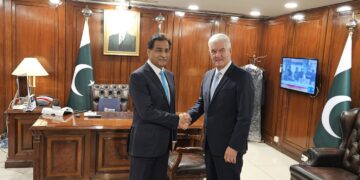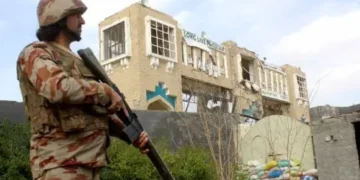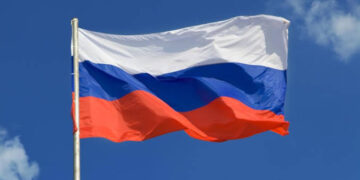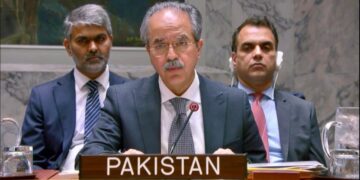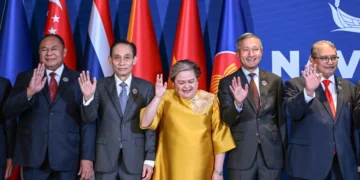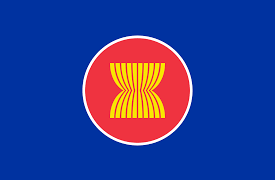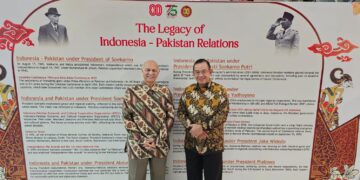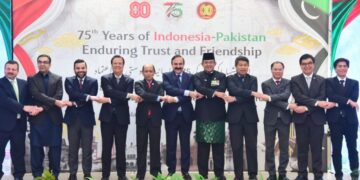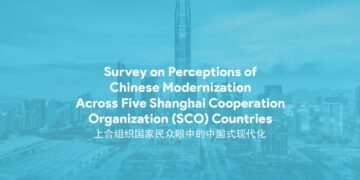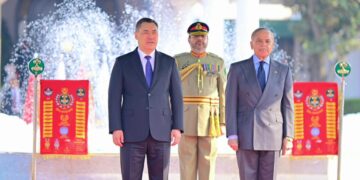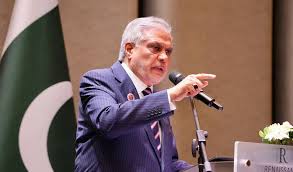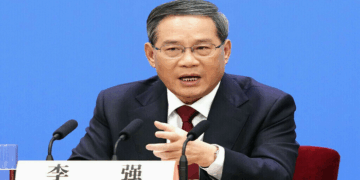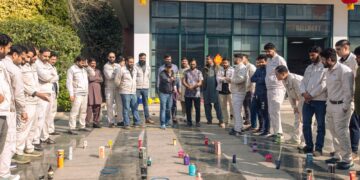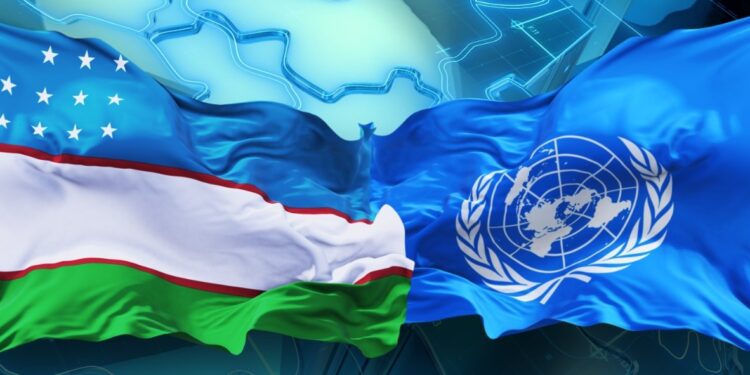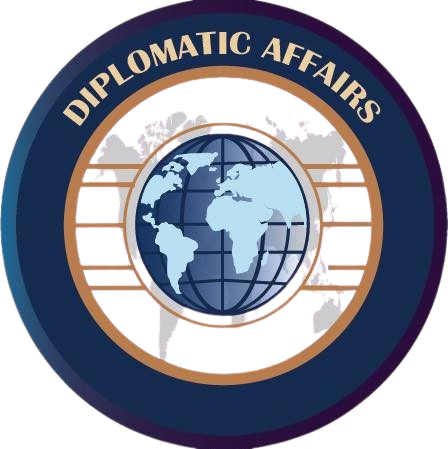In a landmark move driven by Uzbekistan’s call for global solidarity, the United Nations General Assembly has unanimously adopted a resolution to designate April 29 as the International Day of Remembrance for Earthquake Victims.
This initiative, originally proposed by Uzbek President Shavkat Mirziyoyev, seeks to honour the lives lost in earthquakes worldwide and to promote collective action on disaster preparedness and resilience.
Announced at the Extraordinary Summit of the Organization of Turkic States on March 16, 2023, President Mirziyoyev’s proposal quickly garnered widespread international support.
The date chosen—April 29—holds deep historical significance for Uzbekistan, marking the anniversary of the devastating 1966 earthquake in Tashkent, which left lasting scars on the nation’s memory and shaped its approach to disaster readiness.
The newly established international observance aims to go beyond commemoration. It urges global cooperation in raising awareness, improving risk reduction strategies, and extending support to communities affected by seismic disasters. The resolution calls on governments, international bodies, civil society, and individuals to come together in pursuit of a safer and more resilient world.
Highlighting the rising frequency and impact of natural disasters—especially earthquakes that continue to claim thousands of lives annually—Uzbekistan’s initiative emphasizes the need to transform remembrance into action.
By institutionalizing this day, the international community acknowledges not just the tragedy of past events, but also the urgent necessity of coordinated preparedness and humanitarian support.
In Uzbekistan, this global recognition is seen as a reflection of the country’s growing leadership on humanitarian issues. President Mirziyoyev has repeatedly stressed the importance of combining historical awareness, technological advancement, and international cooperation to mitigate future disasters.
The International Day of Remembrance for Earthquake Victims now stands as a symbol of shared responsibility and a reminder of the fragility of human life. It serves as a powerful platform to inspire meaningful action—investing in safety, spreading awareness, fostering innovation, and standing with survivors worldwide.
Uzbekistan’s successful campaign is a testament to how a single nation’s compassionate leadership can mobilize global commitment toward a common humanitarian goal.



